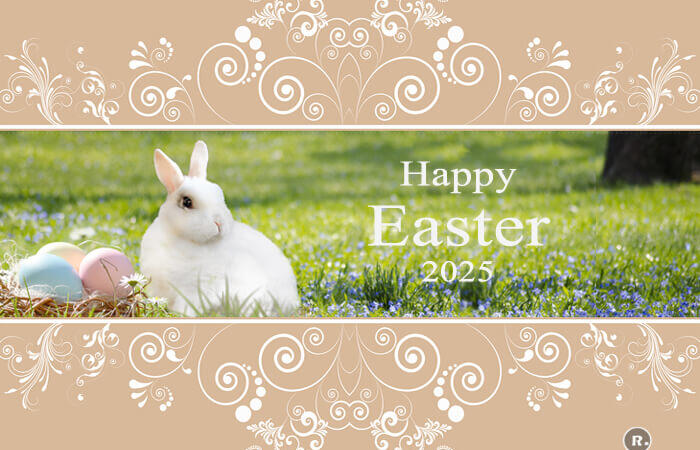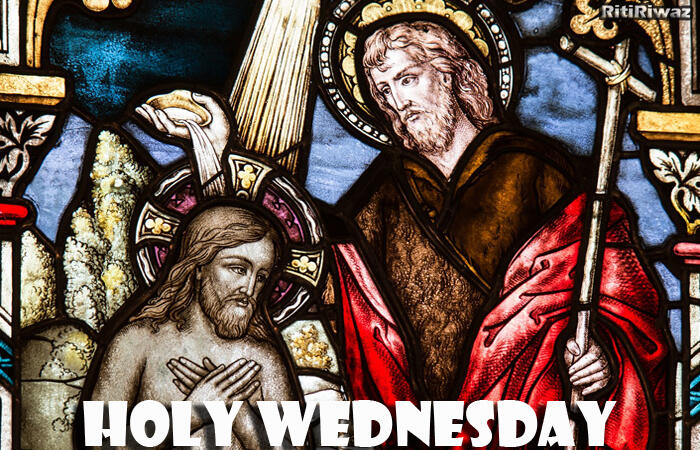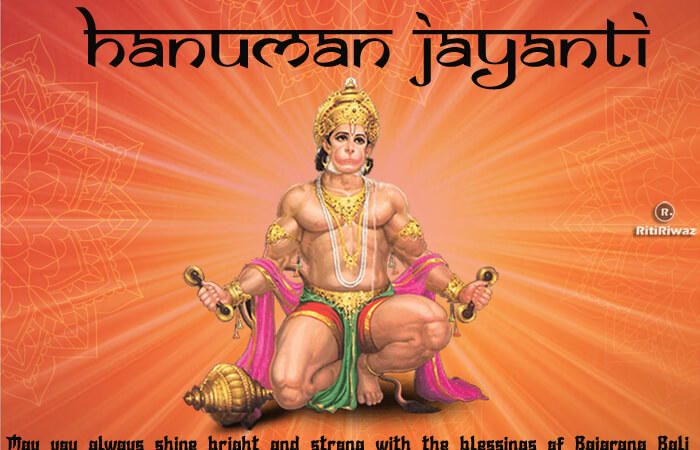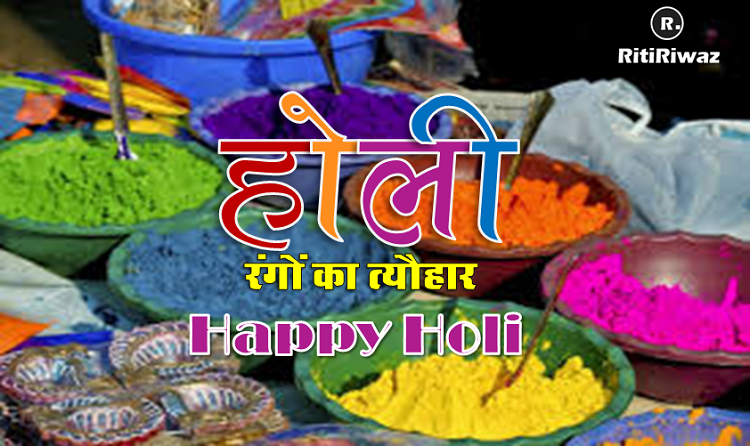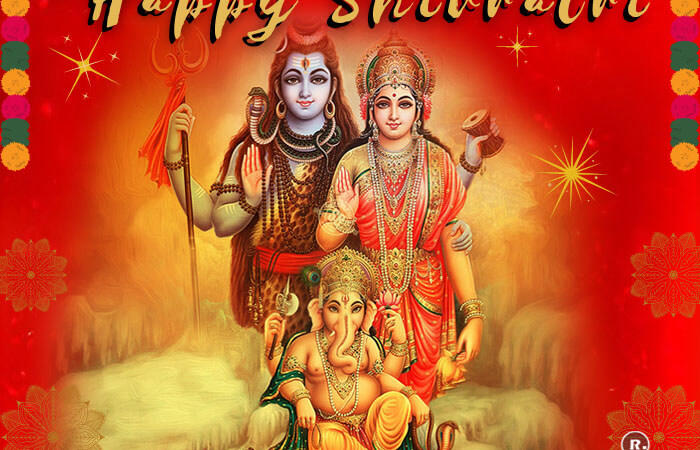Nuakhai – Harvest Festival Of Odisha
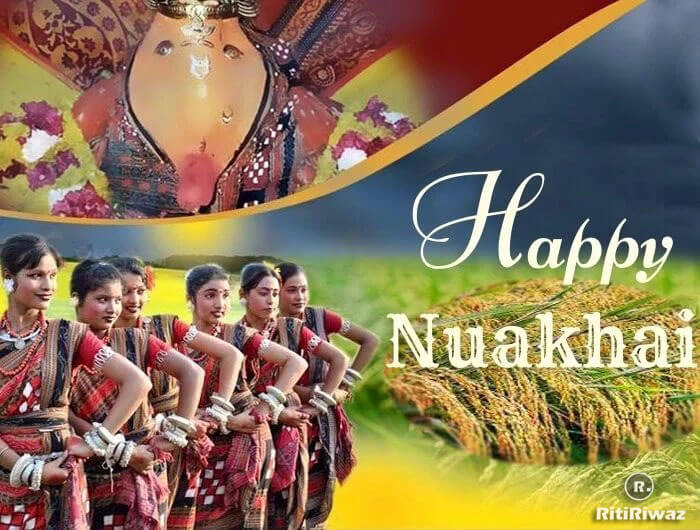
Nuakhai or Navakhai is a renowned agricultural festival of Odisha celebrated to welcome the arrival of new rice crop of the season. The word Nuakhai means Nua (New) and Khai (Food), so the name itself means farmers are in possession of the newly harvested rice.
Nuakhai Festival also referred to as ‘Nuakahi Bhetghat’ or ‘Nuakhai Parab’ is celebrated on Panchami tithi (fifth day) of the lunar fortnight of Bhadraba (August – September) that is just after the day of Ganesh Chaturthi in Indian states of Odisha and Jharkhand.
Often compared to Tamil Nadu’s Onam, which also is a celebration of the fresh harvest, Nuakhai is, understandably, of immense significance for the agricultural community.
In 2025 Nuakhai Festival will be celebrated on Thursday, 28th August.
History of Nuakhai Festival
The festival is celebrated since the Vedic era and the first record of its existence is from the 12th century. During the reign of the Raja Ramai Deo, he discovered that surplus crops are very important for the prosperity of the state so he started celebrating the Nuakhai festival in the Sambalpuri region in order to motivate people to invest in the field of sustainable agriculture.
Earlier there was no specific day to celebrate this festival, during the time Kharif crops began to ripe they were offered to the village deity. The village priest used to suggest a day to observe Nuakhai, later the festival became a major socio-religious event in western Odisha.
Celebrating mother earth
The festival is meant to celebrate the soil, its science that produces food for us, and the ecology that keeps the soil healthy. It is also a festival to respect the farmer. A farmer is not necessarily the one who owns the land, but all those who are involved in the entire farming cycle starting from preparing the land for cultivation to harvesting the crop. That’s the reason even the landless laborers celebrate Nuakhai with great enthusiasm and fervor.
Nuakhai is the occasion where tribal people dedicated their first food grain of the year to their deity to get Her blessing. The rituals of Nuakhai are first observed at the temple of the reigning deity of the area or at the village deity. Afterward, the people worship in their respective homes and offer rituals to their domestic deity Lakshmi (the deity of the wealth) thereafter follows the Nuakhai Juhar, which is the exchange of greetings with friends, well-wishers, and relatives. This symbolizes unity.
Nine Rituals of Nuakhai
Nuakhai is understood to have nine colors, hence, nine sets of rituals are followed as a prelude to the actual day of celebration of Nuakhai. The preparations for the Nuakhai festival commence about 15 days before the actual date of the Nuakhai festival and the elderly villagers assemble together at a sacred area after calling the other villagers by the blowing of a trumpet.
-
Beheren (announcement of a meeting to set the date),
-
Lagna Dekha (setting the exact date for partaking of new rice),
-
Daka haka (people are invited for partaking in the new harvest),
-
Sapha sutura and lipa puchha (cleaning of the house performed before the festival),
-
Ghina Bika (purchasing of things required for the festival),
-
Nua dhan khuja (looking for the new crop in the fields),
-
Bali Paka (final resolve for Nuakhai by taking the prasad (the offering) to the deity),
-
Nuakhai (eating the new crop as Prasad after offering it to the deity, followed by dancing and singing),
-
Juhar bhet (respect to elders & gift transfers) the elders offer them Namaskar and get blessings in return.
In rural areas, people send a “bhar” containing rice, vegetables, pulses, and other items to their relatives and friends. This ritual is called Nuakhai Bhar. Many local sports are played with enthusiasm by the people on this occasion. On this occasion, many folk songs and dances are organized to display the local culture and tradition. Nuakhai binds the communities together in a spirit of solidarity. Earlier, Nuakhai used to be observed on different days in various places. But since 1992, the festival has been observed on the same day throughout the state.

